
Introduction
Many people take the organ transplantation for granted. They consider it a mere surgical procedure disregarding the complexity of it and the process as a whole. Namely, the transplantation process does not begin in the operating room but, rather, many months, even years beforehand, while desperately waiting on the organ list for an adequate donor. It is a long and hard struggle for both the patient and his or her family, with an outcome often unknown. Finally, for those lucky enough to have their organs replace, another battle only begins since there are numerous possible problems and complications that might occur during the whole post-operative period of one's life.
Possible problems and complications
Unfortunately, there are many. Patients who successfully undergo the transplantation must stay in the hospital for weeks, under constant attention of their doctors.
After being released home, the patients are under constant danger since there is a constant peril of the lung being rejected by one's organism. Therefore, regular X-ray scans, numerous medications and tests are need to be conducted and taken in order to ensure a positive recovery.
If there exists a suspicion of transplanted organ rejection, samples are surgically taken for analysis and numerous bothersome procedures are performed for a period even longer than a year.
The therapy
In order to prevent the rejection of the transplanted organ, the patients are give three types of immunosuppressive drugs. Dosage and quantity vary during the therapy making regular tests and check-up a must. Also, numerous antibiotics are introduced to fight any possible infections. As the recovery progresses, the amount of medications decreases and changes. If there is a medical certainty that the lung has been successfully transplanted and accepted by the patient's organism, the therapy is stopped and considered successful itself. However, even afterwards, when the patient is sent home, frequent check-ups are necessary in order to prevent any complications from occurring.
Side-effects and complications
The drugs given during the therapy can trigger some infections and cause unwanted conditions in the patients organism. That is just another reason for the above mentioned regular tests and examinations to be conducted by the doctors involved.
Since the drugs may cause numerous problems regarding blood pressure, body weight gain, bone and kidney health, proper nutrition and regular body exercises are also necessary during the recovery process. These drugs make the patient prone to numerous cancer conditions, only stressing the need for a strong and healthy organism gained through proper nutrition and lifestyle.


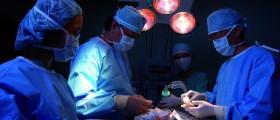

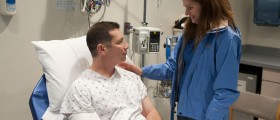
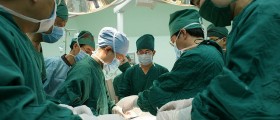
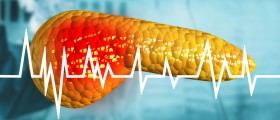







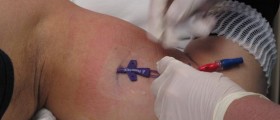


Your thoughts on this
Loading...